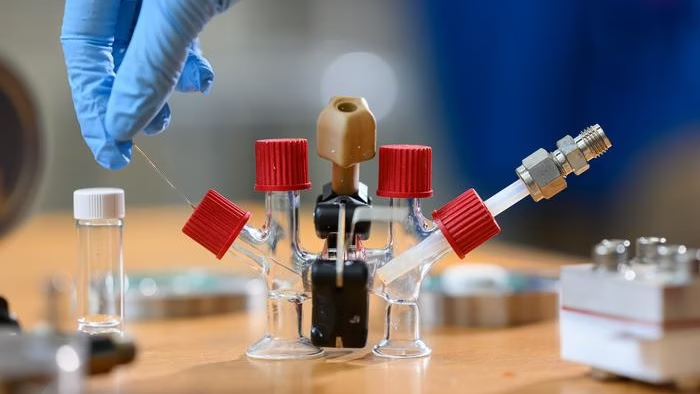Wildfires threaten water quality for up to eight years after they burn

University of Colorado Boulder research reveals contaminants like nitrogen persist, affecting water management strategies across regions.
Scientists use AI to make green ammonia even greener

University of New South Wales researchers achieve sevenfold improvement in ammonia production efficiency using AI-optimised catalysts.
A building material that lives and stores carbon

ETH Zurich develops innovative material incorporating cyanobacteria, capable of sequestering more carbon than typical biological methods.
Stargazing flight: How Bogong moths use the night sky to navigate hundreds of kilometers

University of South Australia researchers discover Bogong moths’ dual compass system using stars and Earth’s magnetic field.
AI paves the way towards green cement

Researchers at Paul Scherrer Institute develop AI model reducing cement emissions by optimising formulations for sustainability.
AI perceived more negatively than climate science or science in general

University of Pennsylvania study reveals public concerns about AI’s unintended consequences, despite less political polarisation.
Rings of time: unearthing climate secrets from ancient trees

Florida Atlantic University reveals ancient bald cypress trees’ growth patterns, highlighting climate impacts over 1,500 years.
First direct observation of the trapped tsunami waves that shook the world

University of Oxford researchers utilise advanced satellite technology to reveal standing waves caused by Greenland fjord landslides in 2023.
New sodium fuel cell could enable electric aviation

MIT researchers develop sodium-air fuel cells offering triple the energy density of current lithium-ion batteries.
What lurks beneath? Only 0.001 percent of the deep seafloor has been imaged

Researchers from Ocean Discovery League and the University of Rhode Island highlight the urgent need for expanded exploration efforts.
